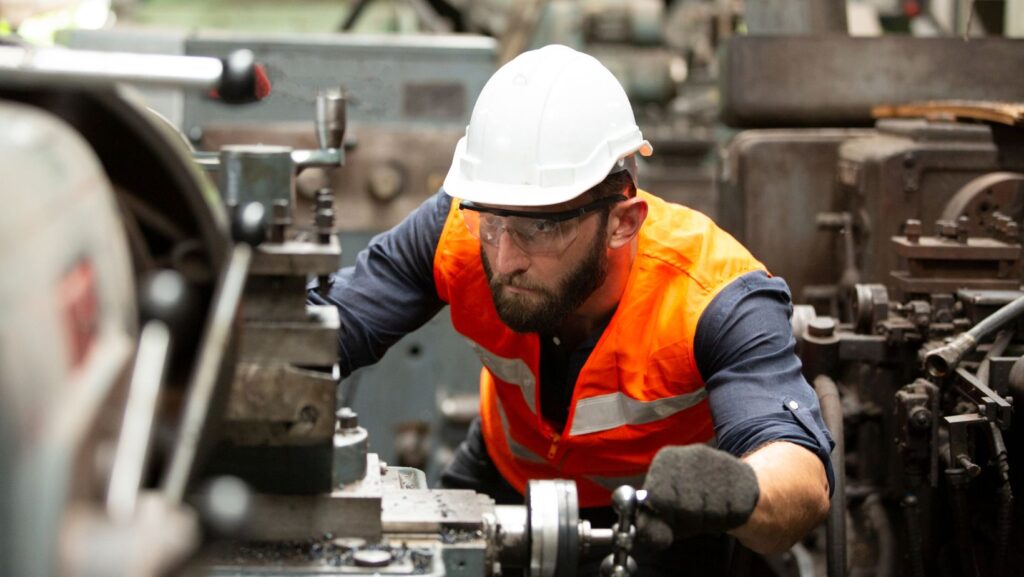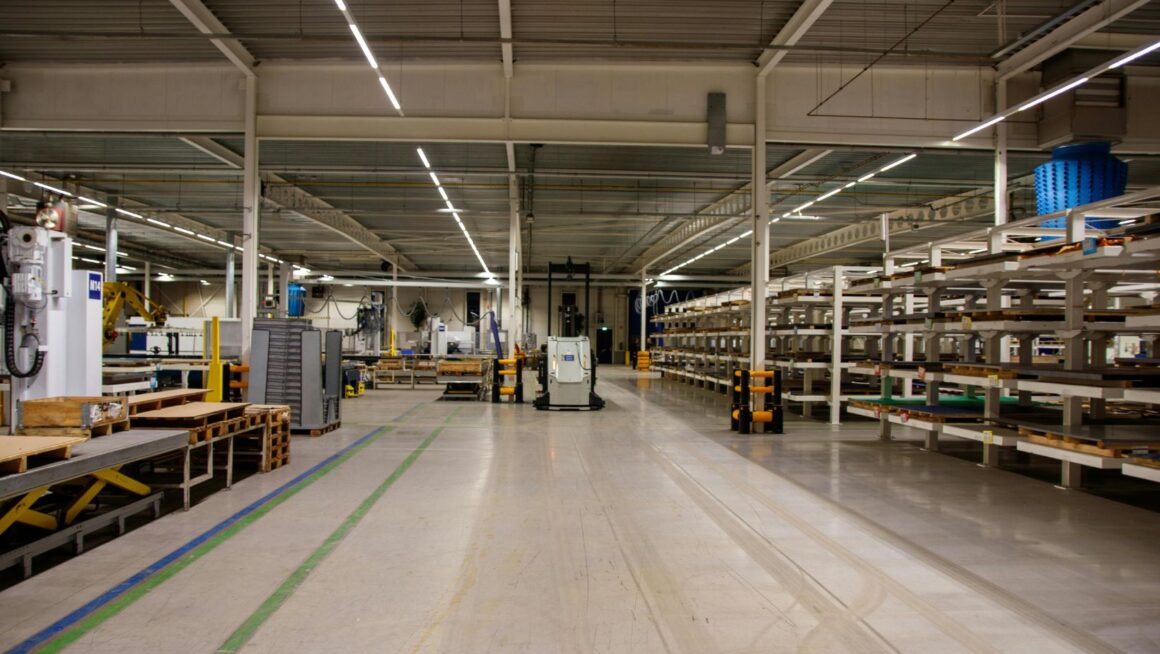
In an increasingly competitive landscape, selecting the right machinery for your business can be one of the most critical decisions you make. Whether you’re running a warehouse, a manufacturing plant, or a logistics operation, investing in reliable machinery sets the foundation for operational success. However, with countless options available, how do you choose the most trusted industrial machinery solutions for your specific needs?
Understanding Your Requirements
Before diving into the vast ocean of machinery options, define what you need. Consider the nature of your operations, the scale of your projects, and specific tasks that your machinery will perform.
1 Assess Operational Needs: Identify key tasks that require machinery. Are you moving heavy items, managing assembly lines, or automating packing processes? Each function requires distinct machinery, and understanding these needs will streamline your search.
2 Evaluate Industry Standards: Different industries have varying standards and regulations that influence machinery selection. Familiarise yourself with these requirements to ensure compliance and avoid costly mistakes in the long term.
3 Budget Constraints: Establish a budget early in the process. While quality machinery is an investment, understanding your limits will help you identify suppliers who can provide value within your desired price range.
Researching Suppliers
Once you have a clear understanding of your requirements, the next step is researching suppliers who can meet your needs. This is where the concept of “trusted industrial machinery solutions” comes into play.
Key Factors to Consider in Suppliers:
• Reputation: Look for companies with a proven track record. Online reviews, industry forums, and client testimonials can provide valuable insights into a supplier’s reliability and product quality.
• Warranty & Aftercare Services: A good supplier should offer warranties on their machinery and robust aftercare services, including repairs and maintenance. This can greatly enhance the longevity of your equipment and protect your investment.
• Range of Machinery: Assess whether the supplier offers a wide range of products. For instance, if you require forklifts or heavy-duty cranes, check if they provide reputable brands and various models to choose from. Acclaim Handling offers trusted industrial machinery solutions, showcasing various products tailored to different operational needs.
Technical Support and Training
Investing in machinery isn’t just about the products themselves; it’s also about the support that comes with them. Technical support and training are crucial for ensuring that your team can operate the machinery safely and efficiently.
1 Training Programs: Opt for suppliers who provide training solutions for using your equipment. This can dramatically reduce the risk of accidents, improve productivity, and ensure that your team is utilising all features the machinery has to offer.
2 Technical Assistance: Consider whether the supplier offers robust technical support, especially for complex machinery. It’s essential that you can reach out for assistance during malfunction or maintenance.
Assessing Technology
The industrial machinery sector continually evolves with advancements in technology. Evaluating the technology embedded in potential machinery options can provide significant benefits.
• Automation: Modern machinery often includes automated features that improve efficiency. Automated systems can reduce manual errors, enhance productivity, and significantly lower labour costs.
• Energy Efficiency: Seek out machinery solutions that are designed for energy efficiency. This not only supports environmental goals but can also mean lower operational costs for your business.
• Data Connectivity: Some machinery integrates with data collection systems, allowing for better monitoring of operations and maintenance needs. This can aid in predictive maintenance and improve overall efficiency.

Sustainability Considerations
In today’s environment-conscious marketplace, choosing machinery that is sustainable can not only benefit the planet but enhance your brand’s reputation.
• Eco-Friendly Options: Investigate suppliers that offer environmentally friendly machinery. This may include electric forklifts or other machinery that reduces carbon emissions.
• Lifecycle Impact: Assess the entire lifecycle of the machinery. Choose solutions that consider their overall sustainability, from production to disposal, which can lead to a more responsible operation.
Making the Final Decision
After assessing your needs, researching suppliers, and evaluating technology, it’s time to make that crucial decision. Gather feedback from your team, considering their insights and concerns regarding usability and features they view as essential for operations.
1 Pilot Testing: If possible, organise a pilot run for the machinery you’re considering. This gives tangible insight into how well the equipment functions in your environment and helps identify any potential complications.
2 Comparative Analysis: Finally, compare your shortlisted options based on performance, cost, warranty, and support. A well-rounded decision will encompass all these factors, helping you choose a machinery solution that aligns with your business objectives.
Conclusion
Choosing the right industrial machinery can be a daunting task, but understanding your requirements and carefully researching suppliers can simplify the process. By prioritising trusted industrial machinery solutions and considering factors such as technology, support, and sustainability, you can invest in machinery that propels your business towards success. The insights provided here should guide you on your journey to making informed decisions that will serve your operations for years to come.












